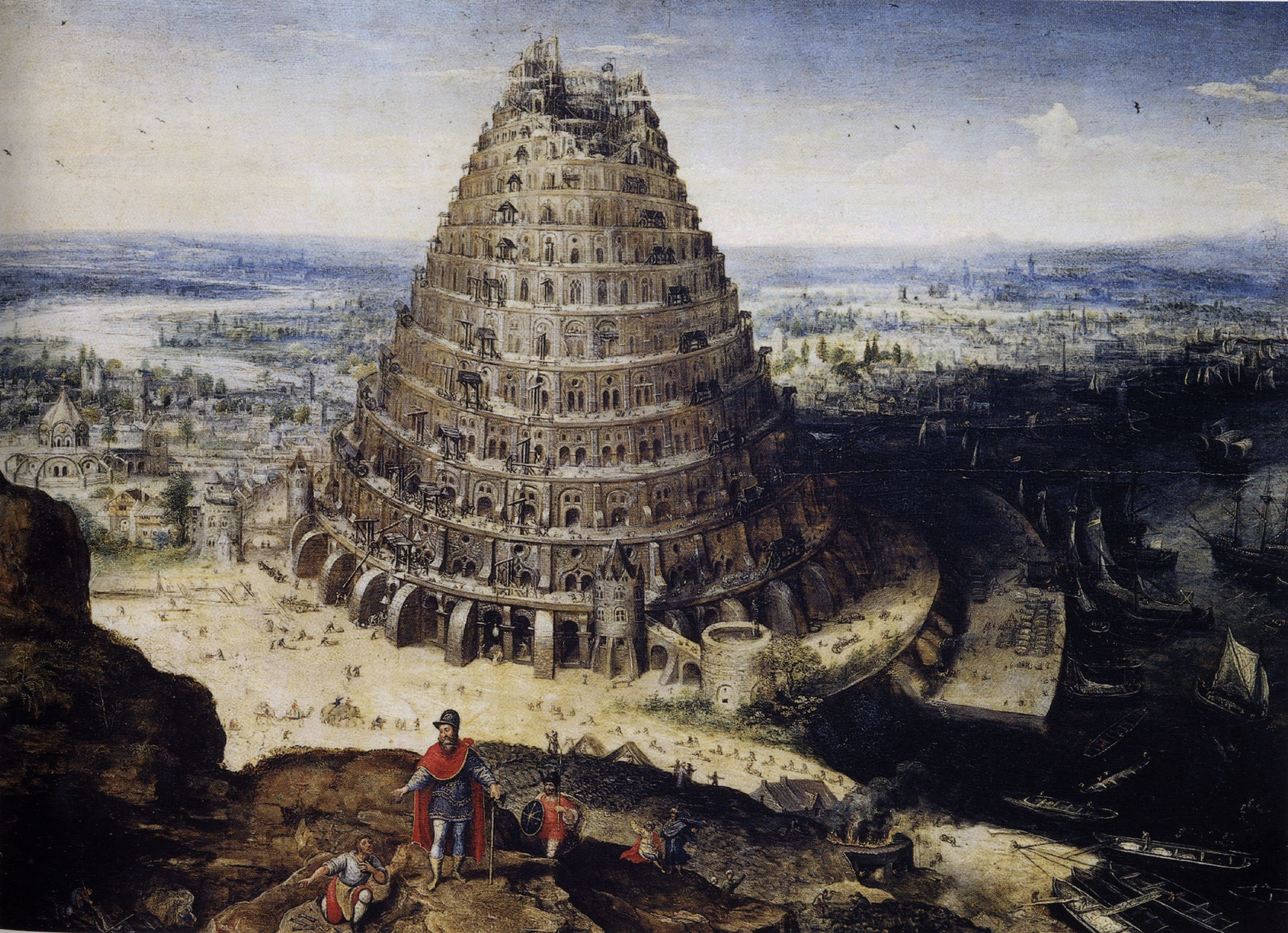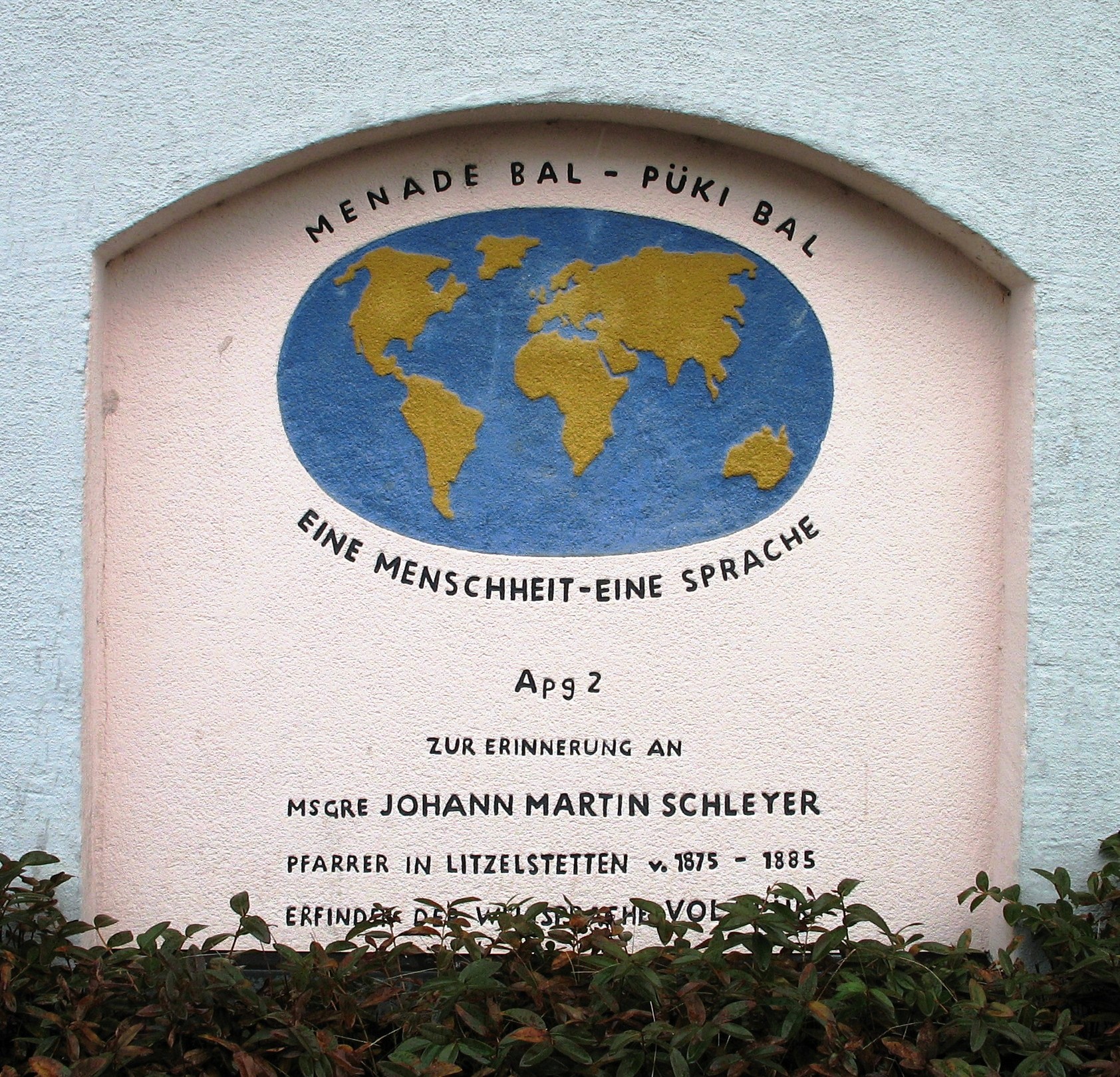"Anarchism in Korea: Independence, Transnationalism, and the Question of National Development 1919-1984" is a book published in 2016, authored by Dongyoun Hwang. I can´t say I like it: English clearly isn´t the author´s first language, his "dialectical understanding" of anarchism is just pseudo-erudition, and he is extremely talkative. The book is really an attempted narrative history of Korean anarchism, made extra difficult by the paucity of sources, rather than an "analysis" in the usual sense of that term. And while the author emphasizes the "transnational" character of Korean anarchism, he gives relatively little background on the Chinese and Japanese anarchists the Korean ones were transnationally cooperating with.
Apparently, the Korean anarchists are usually depicted as "nationalist" in Korean historiography, which explains why the author (as already indicated) rather emphasizes its cosmopolitan aspects. Anarchist and other socialist ideas entered East Asia through Tokyo and Shanghai, two international metropoles. On the anarchist side, the ideas of Kropotkin were particularly popular. Another staple was Esperanto! The Korean anarchists were largely active in Japan and China. A Korean diaspora existed in both nations. In Korea itself, anarchist activity was ruthlessly suppressed by the Japanese colonial police. Somewhat ironically, there was less repression in Japan itself (until that nation became a militarist dictatorship). One group of Korean anarchists was active at the universities in Tokyo, another among Korean immigrant workers in Osaka. The author´s description of the Osaka group in particular is contradictory: was it anti-nationalist, nationalist, syndicalist, individualist, or what?
In China, most Korean anarchists do strike me as nationalist. At the very least, most of them were closer to the KMT and the left-KMT than to the Communist Party. That is, they cooperated with the Chinese nationalists. During the 1930´s, in response to Japan´s invasion of China, the China-based Korean anarchists adopted a kind of popular front policy, calling for broadest possible anti-Japanese unity between the KMT, CCP, and (later) the Allies in World War II. However, even now, they were closer to the KMT and the so-called Provisional Government of Korea, than to the Communists.
After World War II, many Korean anarchists returned to Korea - or rather South Korea - and begun a period of more fundamental reorientation. The author points out that while the anarchists singled out Communism as an enemy to be thrown out of the Korean peninsula, they never explicitly opposed capitalism or imperialism in South Korea, instead attacking "feudal remnants". The anarchists formed several short-lived political parties, one of them claiming loyalty to the Socialist International! (That is, the international organization of mostly Social Democratic parties.) Another faction concentrated on rural reform. Dongyoun Hwang may be right that the Korean anarchist movement de facto supported South Korea against North Korea, or at the very least went into a kind of political hibernation, perhaps waiting for the ROK to become democratic.
The trajectory of the Korean anarchists is interesting, and was traversed by anarchists in other parts of the world, too, not least the Swedish SAC (the independent syndicalist labor union) which abjured revolution after World War II, called for piecemeal reforms of democratic polities through producer cooperatives, and actually supported South Korea during the Korean War! (In 1976, SAC became more leftist again.) Had I been a Communist, I would have considerable fun with "Anarchism in Korea"!
I´m not sure who could possibly be interested in this narrow topic, but as you know, the Ashtar Command reviews everything...
.jpg/800px-Korea_Liberation_Day_07_(7779858078).jpg)







.jpg)




.jpg)

_-Youth_(1893).jpg)
.jpg)
